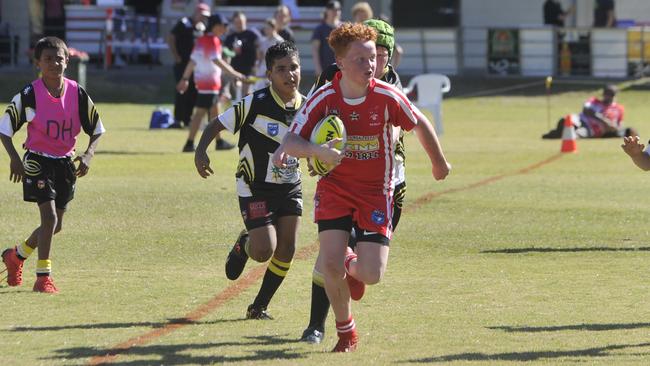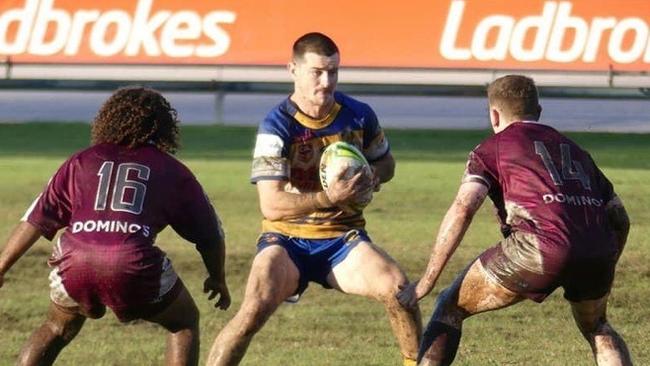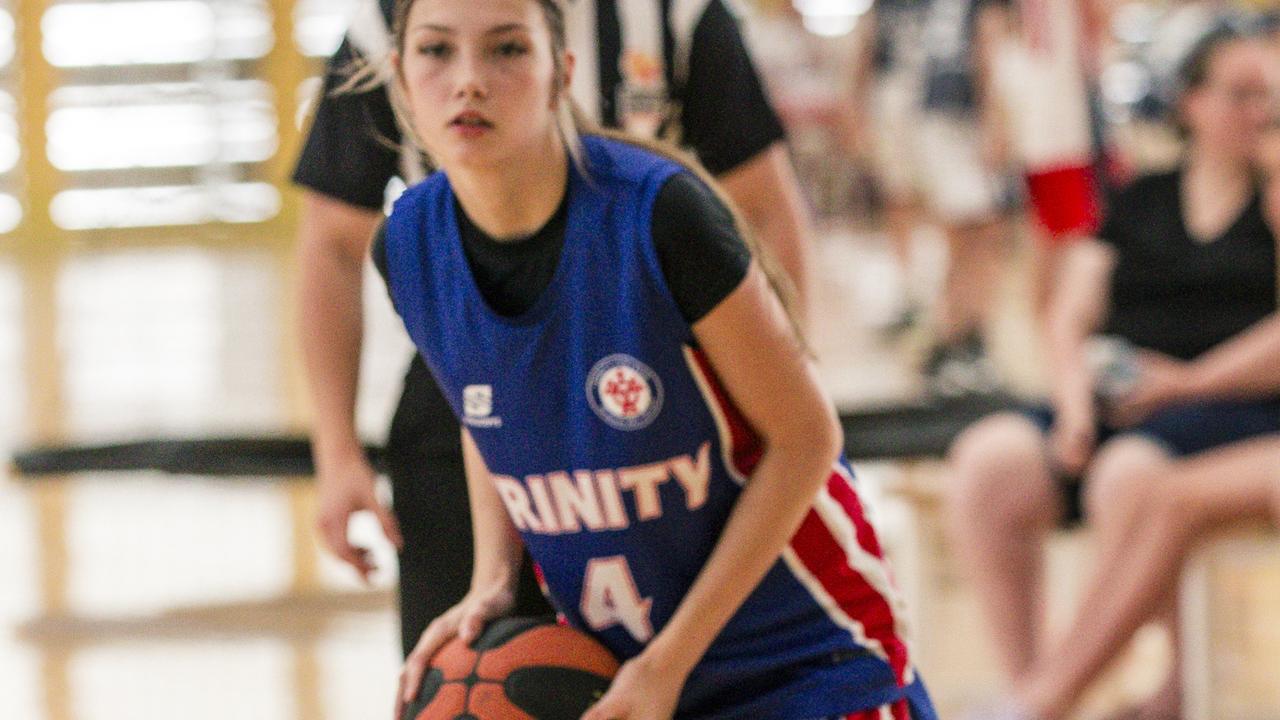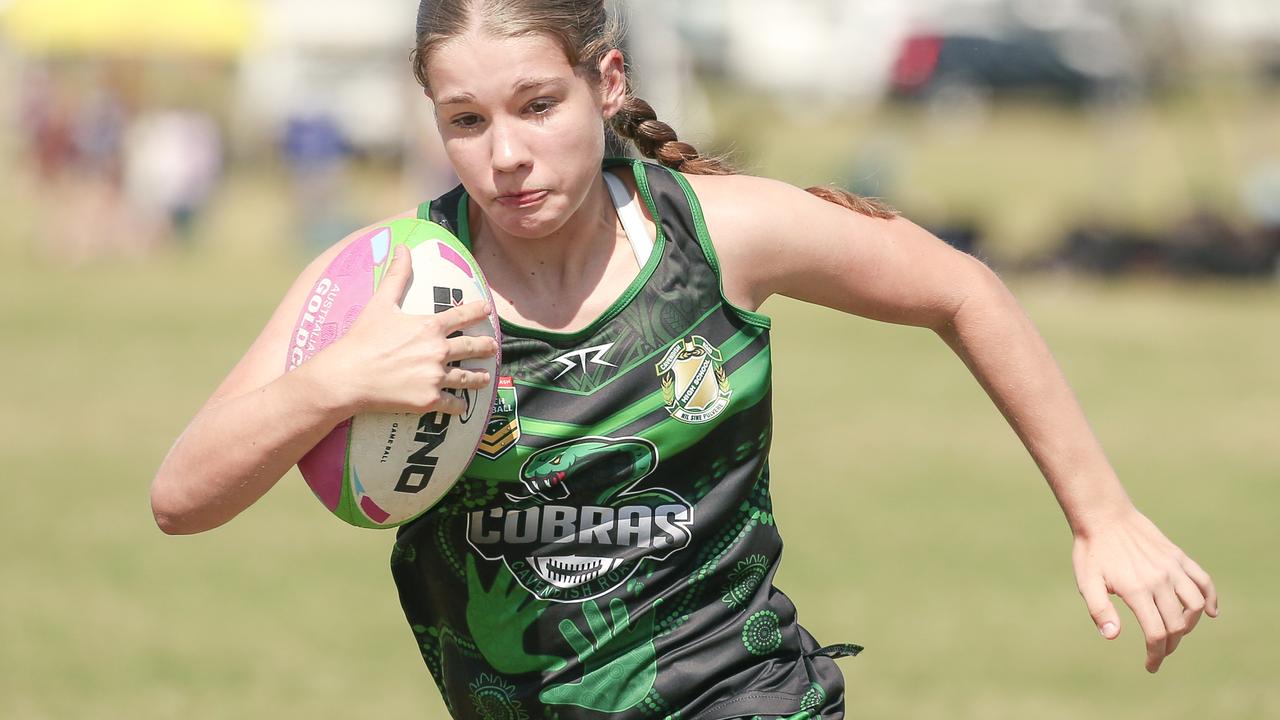Country rugby league clubs must look to homegrown talent
Rugby league community calls for promotion of youth as senior football falls flat

Sport
Don't miss out on the headlines from Sport. Followed categories will be added to My News.
COUNTRY rugby league has come under scrutiny after a number of competitions were forced to fold this season and stakeholders believe more needs to be done at clubs internally.
Men of League Foundation North Coast president Peter Barrett shared Grafton Ghosts Junior Rugby League coach Col Speed’s sentiment on the lack of encouragement in youth competition.
“Having coached North Coast Group 2 and 3 sides to three NSW Country Championships in under 18s, it’s clear the ability is in this area,” Barrett said.
“Some went on to Sydney clubs but the majority continued in country league, but local senior clubs don’t encourage them to progress to first grade and don’t have incentives from an early age. Instead, they often look to import from outside the area.”
With so much talent to draw from, Barrett feels the younger players just breaking through should get a bigger platform.
“On grand final day the under-18 is always the highlight and should be played before first grade, not reserve grade,” he said.
“This was tried in Group 2 10 years ago in competition games but was squashed as senior teams wanted to keep the under-18s fresh for first grade bench, so if we don’t lift the profile of juniors they will continue at other sports.
“Rugby league has been a big part of my life playing and coaching for 30 years and do not want to see it disappear.”

Another country rugby league stakeholder, who wished to remain anonymous, said the struggling state of junior rugby league was due to the lack of assistance from an administrative stand point.
“Junior numbers for some previously strong clubs are poor. I think the key factors to this are inadequate administrations and poor coaching,” the stakeholder said.
“This is not a reflection on the people doing the job but more about not having the volunteers. Many parents are happy to drop children off and watch from afar and not help out. With coaching you have people putting their hand up, but they don’t understand rugby league.”
The stakeholder said it wasn’t about getting results, but motivating a group of players to continue through the duration of their junior playing days.
“A sign of a good coach is not winning competitions at 10 years old, but having 20 players still on the books by the end of under-16s,” he said.
The stakeholder said he would like to see more involvement in the juniors from the club’s senior players.
“Also, senior players unfortunately are less willing to get involved with juniors these days. Money is king and helping juniors isn’t part of their contract,” he said.
“NRL and NSWRL need to look at how they can make it an attractive and fun proposition. Unfortunately it is going the other way, with clubs and volunteers having more rules and regulations put in place each year.”
The stakeholder pointed to the work of NRL leaders Penrith Panthers in the Central West and said more needs to be done at the administrative level to create these pathways.
“NSWRL and NRL have big decisions to make. Penrith have done some great work around Orange, Bathurst etc. This should be the blueprint for all NRL clubs,” he said.
“Other sports, soccer, cricket and AFL have full time competition managers employed. Rugby league, who claims to be Australia’s number one winter sport, doesn’t. NSWRL has regional managers that cover massive areas.
“This doesn’t work. Competitions need a manager reporting to the NSWRL who is removed from any self interest.”

While NRL has maintained its popularity across the country, the future of the competition could be of stark contrast if change isn’t brought on.
“Rugby league needs to start thinking outside of the box. It is a game full of self interest and a reluctance to change. The way it is currently structured, decisions are generally left up to the clubs,” the stakeholder said.
“NRL players should be encouraged to go to struggling clubs. There isn't enough done to support these communities.”
With rugby league in trouble, there are many suggestions as to what might help salvage one of the country’s favourite sports, but it will have to be seen to be believed if the organisations in charge decide to implement change.


